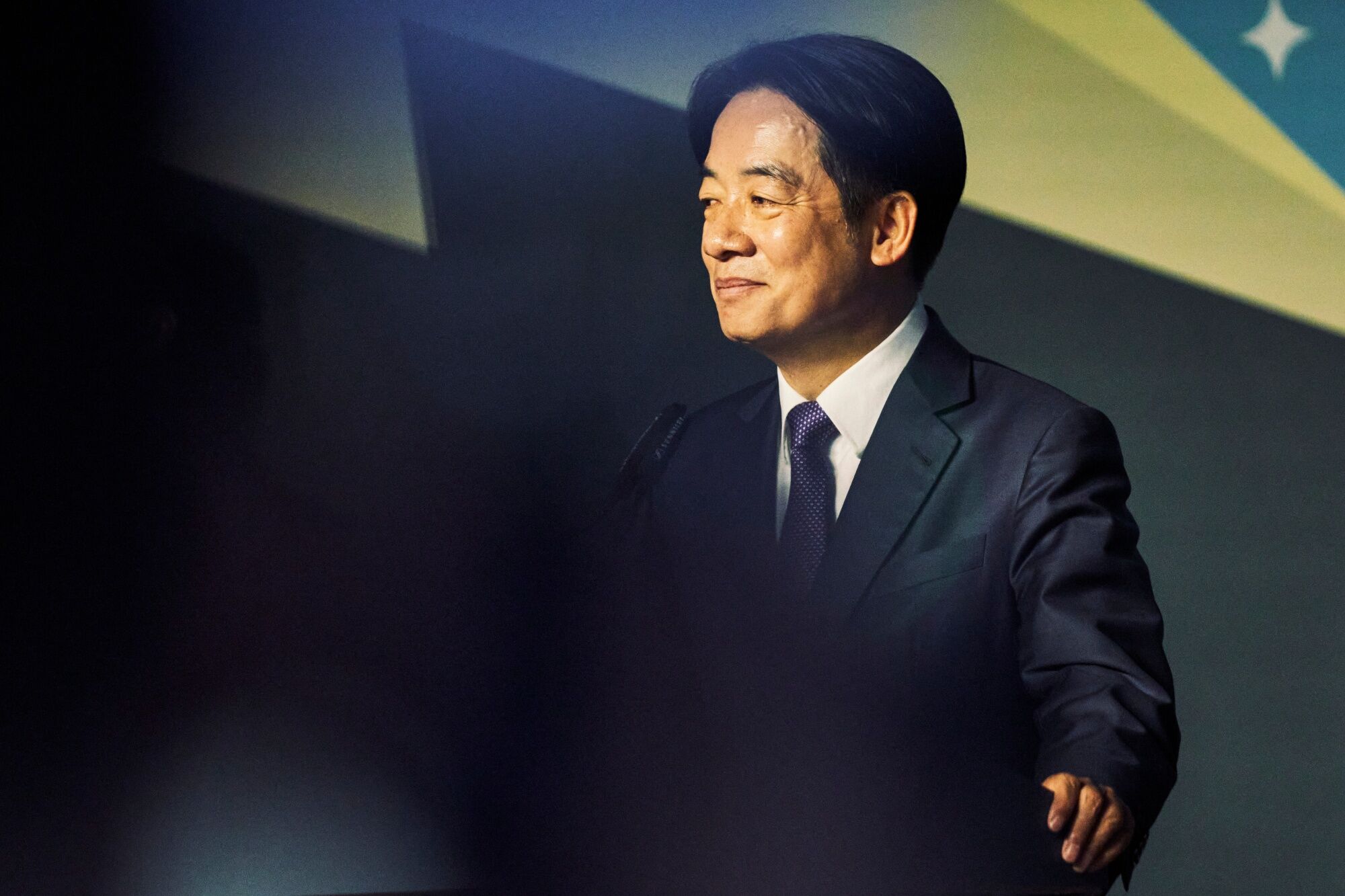
Taiwan President Lai Ching-te has called for the European Union to sign an economic partnership agreement with the island, highlighting its potential to deepen cooperation in critical sectors such as semiconductors and artificial intelligence. Speaking at the Taiwan-EU Investment Forum in Taipei on Monday, Lai emphasized the shared values of democracy between the two sides and the urgency of building secure global supply chains amid rising authoritarian threats.
Taiwan, diplomatically isolated and excluded from most international agreements, sees a trade deal with the EU as both politically and economically significant. For its part, the EU has been positioning Taiwan as a “like-minded” partner under the European Chips Act. This initiative aims to expand semiconductor production in Europe and reduce dependency on Asian supply chains, despite the absence of formal diplomatic ties with Taiwan, which China claims as its territory.
Lai proposed that an economic partnership agreement could establish a strong institutional framework to enhance collaboration in semiconductors, AI, and other innovative fields. “This would not only make both our economies more resilient and secure but also ensure the stable operation of global supply chains,” he stated.
Taiwan’s semiconductor sector has already anchored its investments in the EU. Taiwan Semiconductor Manufacturing Co. (TSMC) recently launched a major chip plant in Dresden, Germany. The facility is expected to play a pivotal role in supporting European industries, particularly automakers. Lai highlighted the need for further agreements to strengthen economic resilience and deepen ties.
The EU, while praising its relationship with Taiwan, has yet to indicate any plans for a formal economic partnership agreement. In a video message to the investment forum, Maria Martin-Prat, deputy head of the European Commission’s trade division, referred to Taiwan as “a vibrant democracy with an open economy” and described it as a trusted partner for promoting economic security. However, she stopped short of committing to discussions on a partnership agreement.
Taiwan’s efforts to secure trade agreements reflect its broader strategy to strengthen international ties. Last year, the island signed an Enhanced Trade Partnership with Britain and has applied to join the Comprehensive and Progressive Agreement for Trans-Pacific Partnership (CPTPP). These initiatives signal Taiwan’s intent to enhance its role in global trade despite diplomatic hurdles.
Featured image courtesy of The Boston Globe
Follow us for more updates on Taiwan’s partnership efforts.
